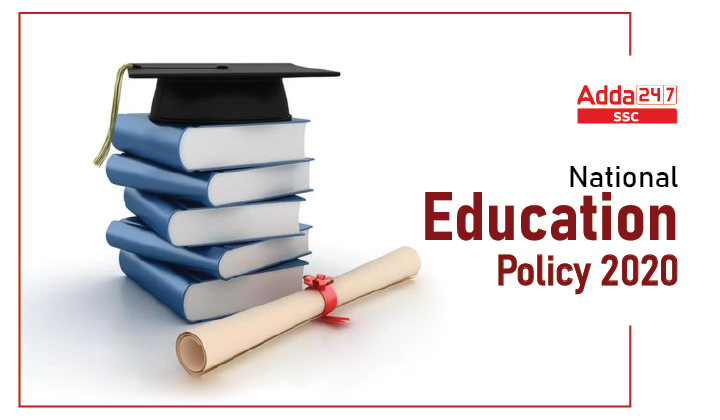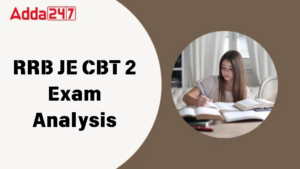Table of Contents
National Education Policy
National Education Policy 2020: NEP 2020 is the first education policy of the 21st century in India. This is only the third education policy of India post Independence. The very first policy for education was promulgated in 1968 with the second one following in 1986.
NEP 2020 aims to have an efficient education system by 2040 with equitable access to high quality education for all learners regardless of their socio-economic background. It aims to create a new system that is aligned with the aspirational goals of 21st century education, including SDG4, while building upon India’s traditions and value systems. It sets target of Public spending on education by states, Centre to be raised to 6% of the GDP.
National Education Policy : Key Highlights
Following are the key highlights of NEP 2020:
Teacher Education
- By 2030, the minimum degree qualification for teaching will be a four year integrated B.Ed. degree.
- Teachers will also be given training in online educational methods relevant to the Indian situation in order to help bridge the digital divide.
School Education
- Universalize the pre-primary education (age range of 3-6 years) by 2025.
- Universalization of Education from pre-school to secondary level with 100 % GER in school education by 2030.
- A new school curriculum with coding and vocational studies from class 6 will be introduced.
- A child’s mother tongue will be used as the medium of instruction till class 5.
- A new curricular framework is to be introduced, including the preschool and Anganwadi years.
- A National Mission on Foundational Literacy and Numeracy will ensure basic skills at the class 3 level by 2025.
- Reforms in the school exam recommended by the NEP include tracking the progress of the students throughout their school experience.
- It includes State Census Exams in class 3, 5 and 8.
- Another important recommendation was the restructuring of the 10th board exam that would mainly focus and test only the skills, core concepts and higher-order thinking & capacities.
Higher Education
- Four year undergraduate degrees with multiple entry and exit options will be introduced.
- The M.Phil degree will be abolished.
- New umbrella regulator for all higher education except medical, legal courses.
- An Academic Bank of Credit will be set up to make it easier to transfer between institutions.
- College affiliation system to be phased out in 15 years, so that every college develops into either an autonomous degree-granting institution, or a constituent college of a university.
- It also aims to double the Gross Enrolment Ratio in higher education, including vocational education, from 26.3% in 2018 to 50% by 2035, with an additional 3.5 crore new seats.
National Education Policy 2020 : Traditional knowledge
- Indian knowledge systems, including tribal and indigenous knowledge, will be incorporated into the curriculum in an accurate and scientific manner.
- It will focus on regions such as aspirational districts, which have large number of students facing
economic, social or caste barriers will be designated as ‘Special Educational Zones’.
NEP 2020 – Three Language Formula
- The Policy recommended that the three-language formula be continued and flexibility in the implementation of the formula should be provided.
- The three-language formula states that state governments should adopt and implement the study of a modern Indian language, preferably one of the southern languages, apart from Hindi and English in the Hindi-speaking states, and of Hindi along with the regional language and English in the non-Hindi speaking states.
National Education Policy 2020 – FAQs
1. Who is the chairman of NEP, 2020?
Ans: K. Kasturirangan is the chairman of the National Education Policy 2020.
2. NEP 2020 aims to achieve Universalization of Education from pre-school to secondary level by which year?
Ans: Universalization of Education from pre-school to secondary level with 100 % GER in school education by 2030.



 RRB JE CBT 2 Today Exam Analysis 22 Apri...
RRB JE CBT 2 Today Exam Analysis 22 Apri...
 SSC Calendar 2025 Under Review, Revised ...
SSC Calendar 2025 Under Review, Revised ...
 Upcoming Government Exams, Complete Govt...
Upcoming Government Exams, Complete Govt...


